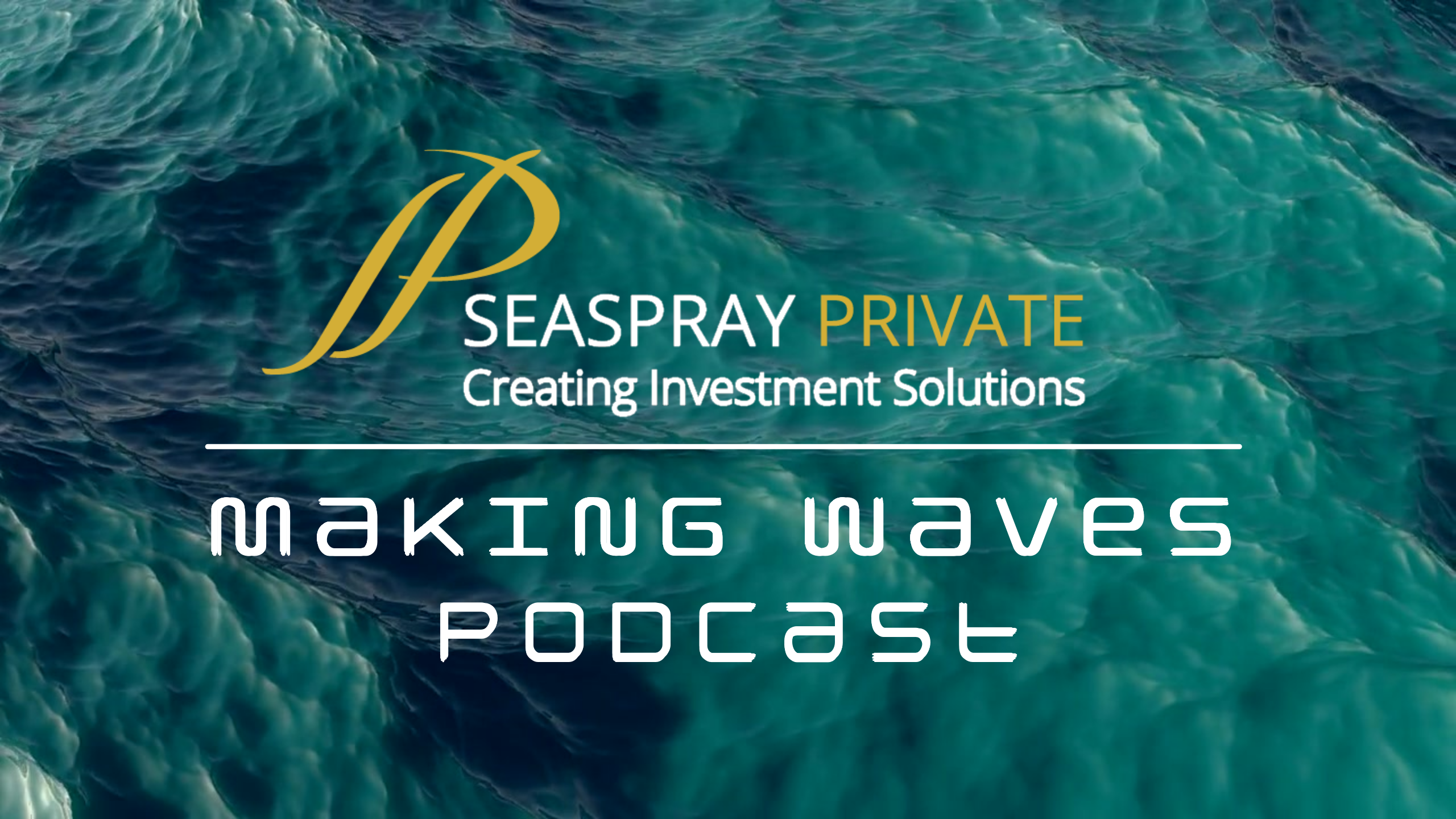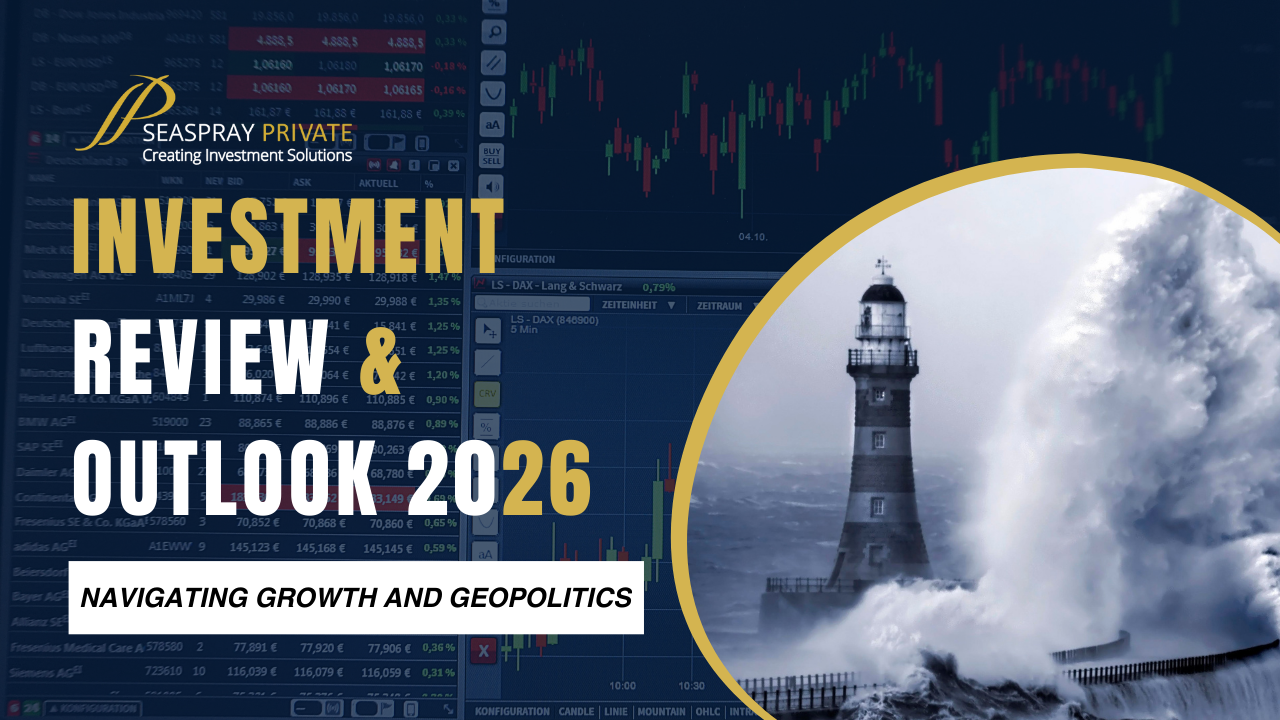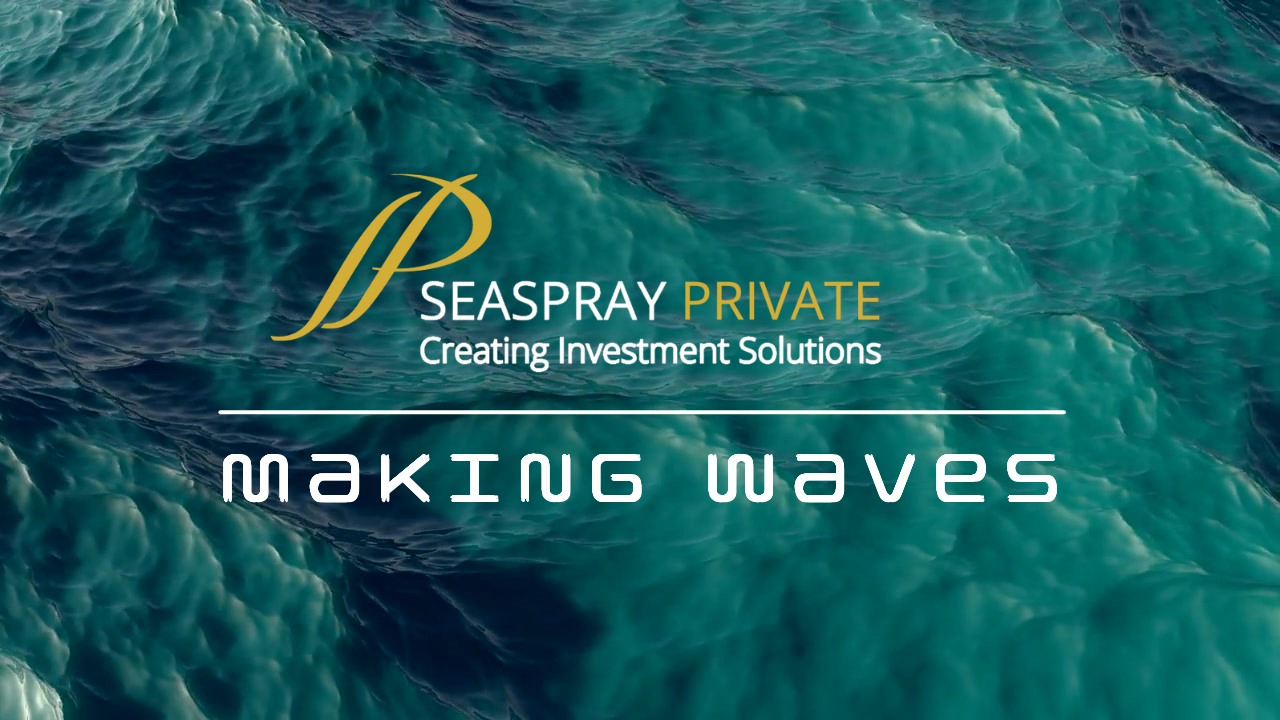In the United States, it was a mixed week for the equity market. While the start of the Q3 earnings season brought another round of strong results from some of the US’ largest financial institutions, volatility remained elevated as markets continued to react to ongoing tensions between the US and China. Treasury Secretary Bessent’s comments on Monday further heightened tensions, despite President Trump’s attempts to downplay the impact of the latest escalation. Markets also reacted to earnings from regional US banks, in particular Western Alliance and Zions Bank, after both declared they had been exposed to alleged fraud by borrowers. This pulled both US and wider markets lower on Friday morning, however the reaction was extreme when considering the exposures accounted for roughly 1.4% of banks tangible common equity. In corporate developments, there were further major deals in the artificial intelligence sector. OpenAI extended its deal-making spree by agreeing to purchase 10 gigawatts of semiconductors from Broadcom. This means OpenAI now has agreements with the three largest chipmakers in the world, having previously signed deals with NVIDIA and AMD. However, the agreement with Broadcom is particularly significant because it is the first time OpenAI will use chips that it has co-designed with a supplier. In its previous deals with NVIDIA and AMD, the company used standardised “merchant silicon” — general-purpose chips available to any customer. In contrast, the Broadcom agreement involves “custom silicon”, allowing OpenAI to train its models on chips designed specifically to its own specifications. Notably, unlike the NVIDIA deal, the Broadcom agreement does not include any provision for an equity purchase in OpenAI. Overall, OpenAI has now signed agreements worth around $1.5 trillion, representing computing capacity equivalent to 26 nuclear reactors. Meanwhile, Google announced plans to invest $15 billion in AI data centre development in India over the next five years. This will be the company’s largest investment in the country to date. The facility, with a capacity of 1 gigawatt, will become Google’s largest AI hub outside the US. Finally, a consortium led by asset manager BlackRock has agreed a $40 billion takeover of Aligned Data Centres, one of the world’s largest data centre operators. Earnings season also returned last week, beginning with the financial sector. JP Morgan, Goldman Sachs, Citi and Morgan Stanley all reported strong Q3 results, supported by increased merger and acquisition activity and continued momentum in investment banking and equity trading. JP Morgan’s profits rose by 12%, Goldman Sachs reported a 37% increase, Citi’s profits grew by 16%, and Morgan Stanley saw a surge of 45%. For the week, despite the volatility on Friday, the S&P 500 and NASDAQ closed higher, up 0.44% and 0.46% respectively.
In Europe, equity markets rebounded last week, supported by positive corporate earnings — particularly from LVMH and ASML on Wednesday — which lifted other luxury brands such as Hermès and Kering. Markets also drew strength from French assets, which stabilised after Prime Minister Sébastien Lecornu made key concessions to secure passage of the 2026 Budget. LVMH, one of Europe’s largest companies and the world’s leading luxury goods producer, reported positive Q3 earnings, with organic sales growth rising by 1%. This marks a turnaround in fortunes for the French-owned conglomerate after two consecutive quarters of declining sales. The main boost came from increased demand in its most important market — mainland China — alongside growth in the US. ASML, meanwhile, focused on its 2026 guidance after missing analyst expectations on Q3 net sales. Despite this, sales still reached €5.4 billion, supported by continued demand linked to artificial intelligence. While the company anticipates a decline in semiconductor equipment sales to China, it does not expect overall 2026 sales to fall below 2025 levels and plans to provide further guidance in January. For the week, the Eurostoxx50 closed 0.54% higher, while the broader STOXX600 edged -0.08%, due to the pullback on Friday.
In the United Kingdom, the FTSE 100 traded largely sideways last week, weighed down by its lack of exposure to the technology and luxury goods sectors. While positive results from ASML and LVMH supported equity indices elsewhere in Europe, this did not translate to the UK, as its heavyweight constituents are concentrated in other industries. One notable corporate development was the announcement that Ming Yang, one of China’s largest wind turbine manufacturers, will invest £1.5 billion in a new factory in Scotland. In economics, the UK economy expanded by 0.1% in August, in line with market expectations and a improvement on the 0.1% contraction recorded in July. The FTSE closed -0.99% for the week.






